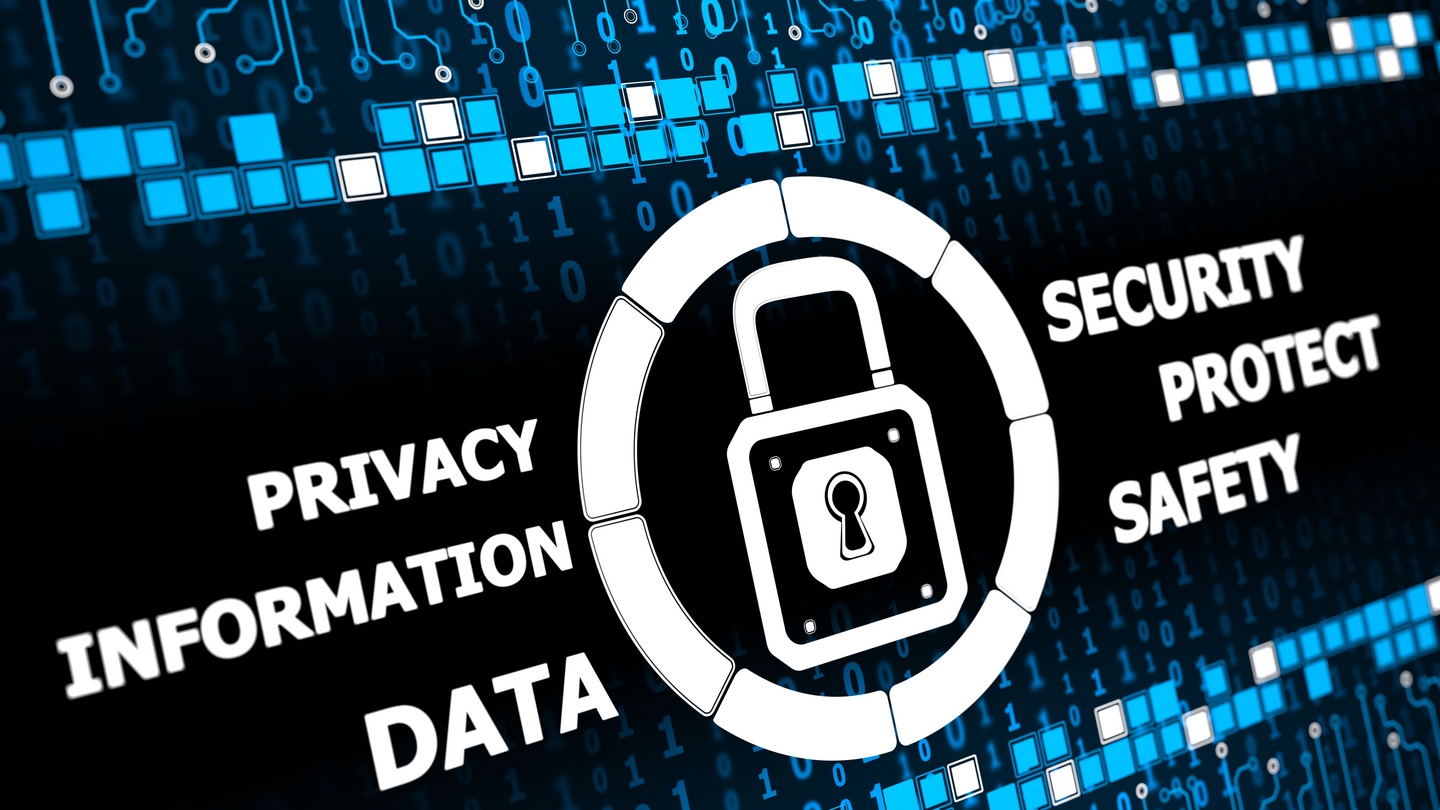In today’s digital age, cybersecurity is of utmost importance to safeguard your personal information and protect your digital life from various threats. This comprehensive guide will provide you with essential knowledge and practical tips to enhance your cybersecurity measures and ensure the security of your online presence.

1. Strong and Unique Passwords:
Use strong and unique passwords for all your online accounts. Avoid using common passwords or personal information. Consider using a password manager to securely store and generate complex passwords for each account.
2. Two-Factor Authentication (2FA):
Enable two-factor authentication whenever possible. This adds an extra layer of security by requiring a second verification step, such as a code sent to your phone, in addition to your password.
3. Keep Software Up to Date:
Regularly update your operating system, web browsers, and software applications. Updates often include security patches that address vulnerabilities and protect against known threats.
4. Secure Wi-Fi Connections:
Use secure Wi-Fi networks and avoid connecting to public Wi-Fi networks without proper security measures. If you must use public Wi-Fi, consider using a virtual private network (VPN) to encrypt your connection.
5. Be Cautious of Phishing Attacks:
Beware of phishing attacks that attempt to trick you into revealing sensitive information. Be cautious of suspicious emails, messages, or websites, and avoid clicking on unknown links or downloading files from untrusted sources.
6. Use Firewall and Antivirus Software:
Install and regularly update reputable antivirus software and enable a firewall on your devices. These security measures can help detect and block malicious activities and protect against malware.
7. Secure Data Backup:
Regularly backup your important data to an external hard drive, cloud storage, or a secure backup service. This ensures that you can recover your data in case of a security breach or hardware failure.
8. Practice Safe Online Behavior:
Be cautious of what you share online and with whom. Avoid posting sensitive personal information on public platforms and be mindful of your privacy settings on social media accounts.
9. Educate Yourself about Cybersecurity:
Stay informed about the latest cybersecurity threats, trends, and best practices. Follow reputable cybersecurity blogs, news sources, and organizations to stay updated on emerging threats and security measures.
10. Secure Mobile Devices:
Protect your mobile devices with passcodes or biometric authentication. Install security apps that can track your device, remotely wipe data if lost or stolen, and protect against malware.
11. Regularly Monitor Your Accounts:
Regularly review your financial and online accounts for any suspicious activities or unauthorized transactions. Report any discrepancies to the respective institutions immediately.
12. Educate Your Family and Children:
Teach your family, especially children, about online safety and cybersecurity best practices. Educate them about the risks of sharing personal information and the importance of safe online behavior.
Conclusion:
With the increasing prevalence of cyber threats, prioritizing cybersecurity is crucial to protect your digital life. By implementing strong passwords, enabling two-factor authentication, keeping software up to date, securing Wi-Fi connections, being cautious of phishing attacks, using firewall and antivirus software, practicing safe online behavior, regularly backing up data, staying informed about cybersecurity, securing mobile devices, monitoring accounts, and educating your family, you can significantly enhance your cybersecurity measures and safeguard your digital presence. Remember, maintaining good cybersecurity practices requires ongoing diligence and staying updated with the evolving threats and preventive measures in the digital landscape.